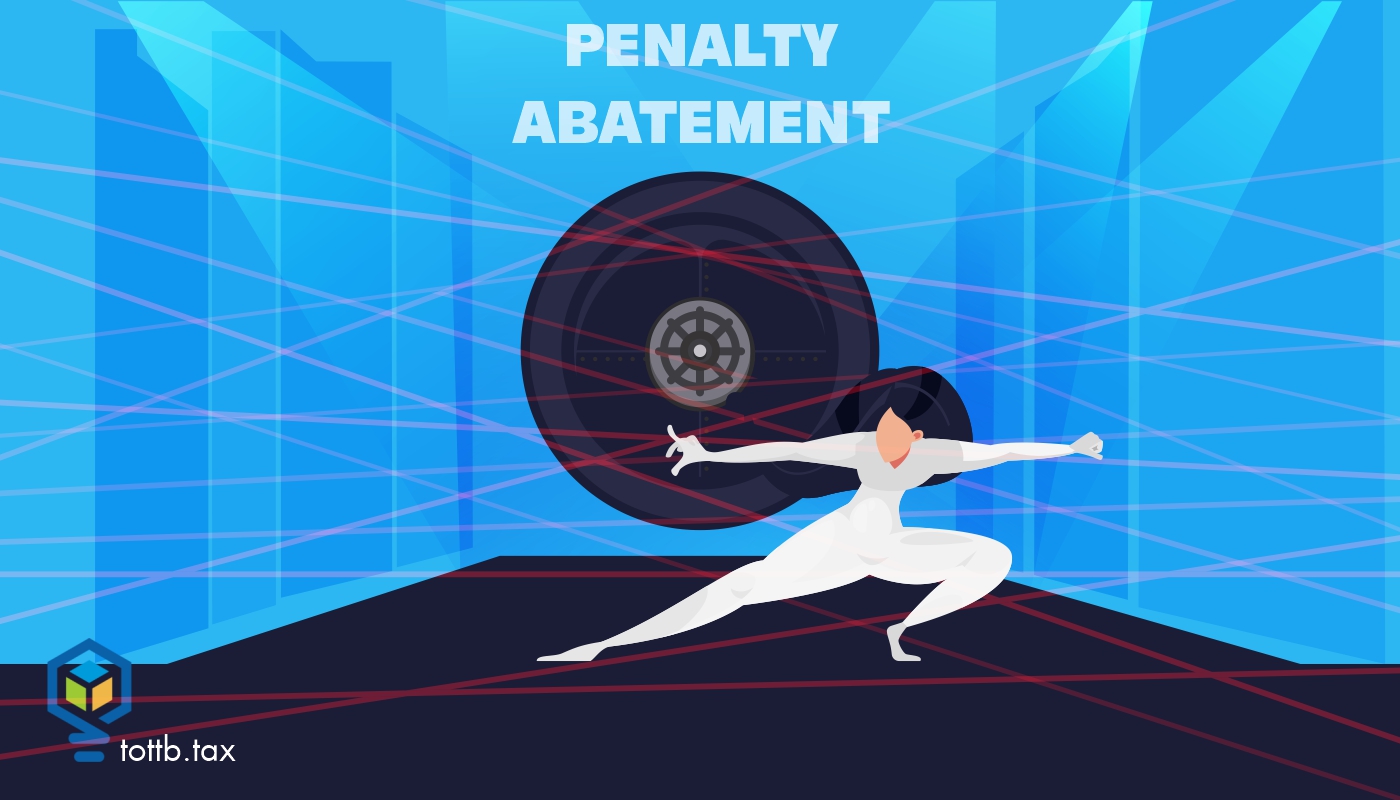
At Around the Tax World, you can find out all about what’s going on in the wonderful, worldwide world of tax. Every month, we’ll feature a few mini-articles on what’s been going on in the world when it comes to tax, and fully available for viewing even if you don’t have a subscription.
If you wish to subscribe and gain access to all articles on the site, be sure to check out the benefits of doing so here!
Check out what’s happening all around the world of tax!
WORLD NEWS
The Supreme Court rules that the IRS does not need to give notice to third parties when requesting bank records… for tax collection purposes. The case in question concerned a taxpayer, Remo Polselli, with a balance of over $2 million in unpaid taxes. The IRS issued a summons to each bank that had Polselli’s financial information but did not notify him about these requests. The Supreme Court unanimously ruled that the IRS was exempt from providing notice when the summons was related to a tax collection, acknowledging that in certain cases giving notice to a taxpayer might result in their moving assets so the IRS cannot locate them.
Mississippi Representative Earle Banks confesses to making a false statement on a tax return… and now faces three years in prison. The lawmaker admitted to failing to report over $500,000 of income from a real estate sale in 2018. Instead, Banks only claimed $38,237 in adjusted gross income. The conviction does not prevent Banks from seeking reelection this year, since violating federal tax laws does not bar people from holding a legislative seat in Mississippi. Banks is currently running unopposed.
U.S. NEWS
The IRS is developing a free electronic tax filing system that could replace commercial options
The agency is planning to pilot their own government-run system in 2024. Filing tax returns directly with the government will be optional, but the plan progresses in response to IRS surveys that found that 72% of taxpayers would be significantly interested in this option. The free system received the most support from younger taxpayers, those for whom English is not a first language, and those who prepare their own tax returns. Legislation passed in 2022 set aside $15 million in funding to study the idea.
Advocates of the IRS free filing system say that taxpayers should not have to spend time and money on filing tax returns when it is required by law. However, the plan is already receiving pushback from companies like TurboTax, which is part of the $14 billion tax-preparation industry. Opponents claim that building a government-run system will cost taxpayers billions of dollars looking to solve a non-existent problem. Many of these companies already offer a free-filing option through the IRS website, but only 2% of taxpayers currently use these.
A key concern that has been expressed is whether the IRS system will provide the largest possible refund or the lowest tax bill. Another question is whether the system will be able to integrate state-level returns. The first phase of the pilot will allow a select number of actual taxpayers to try out the system next year. The agency will use this limited group to test functionality and inform future iterations of the tool.
Research shows that pre-populated returns may be possible for up to 50% of taxpayers. A 2022 working paper published by the National Bureau of Economic Research estimated that the IRS could correctly auto-fill as many as 62 million to 73 million returns using information it already has. Based on an analysis of 350,000 individual tax returns, the highest level of accuracy was among low- to moderate-income filers and lowest for returns with a large number of itemized deductions. Possible problems with pre-populated returns include third-party tax forms, correctly identifying a taxpayer’s filing status, and taxpayer compliance.
STATE NEWS
Texas legislators advance a bill that would change property tax limits… and could save homeowners over $1,000 per year. The state House approved raising the homestead exemption and lowering the maximum yearly increase in tax value. This proposal comes in response to rising property values—and therefore rising taxes. If the bill passes in the Senate, property owners could collectively save up to $12 billion in taxes.
The House bill increases the mandatory homestead exemption to $100,000 for most homeowners and $110,000 for senior citizens. The bill also lowers the cap on property appraisal increases from 10% to 5%. Opponents, including Lieutenant Governor Dan Patrick, have expressed concern that the changes will not have the intended effects. One concern is that the proposal would undo current tax benefits that compress tax rates and put a higher tax burden on new home buyers.
A previous cap in 2019 put a 2.5% limit on revenue growth for school districts and 3.5% on cities and counties. The current bill would attempt to offset this by providing $12 billion in state funding to school districts.
The Minnesota House and Senate will be evaluating a new tax bill… that includes tax rebates, child tax care credits, Social Security tax breaks, and higher corporate taxes. First, the proposal introduces a $260 tax rebate for individuals (or $520 for couples) who made up to $75,000 in income in 2021 (or $150,000 for couples). The rebate may be even higher for families with children who could receive another $260 per child for up to three children. Additionally, families could qualify for child tax credits, which would start at $1,750 per dependent for joint filers who make up to $35,000. The credit would phase out for earners making between $35,000 to $90,000.
Changes would also come to Minnesotans receiving Social Security income. Originally, lawmakers considered exempting Social Security from state taxes, but the current proposal puts forth an exemption only for taxpayers making $100,000 a year or less. For joint filers, the exemption phases out for those who make up to $140,000. This change would aid an estimated 80% of Minnesotans who receive Social Security benefits.
TAX PLANNING
In 2023, the IRS flagged over 1 million tax returns as potentially fraudulent. Combined, these returns yielded about $6.3 billion in tax refunds. The IRS continues to investigate identity theft as a top problem facing taxpayers. This most commonly occurs when scammers use a taxpayer’s personal information to file a false return in their name and claim their tax refund. Identity crime hit an all-time high in 2021 and only slightly decreased in 2022. As of March of this year, the IRS confirmed that 12,617 of the tax returns evaluated were in fact fraudulent.
To deal with this pervasive problem, the IRS has increased the number of fraud filters it uses from 168 to 236 this year. When a tax return is flagged as potentially fraudulent, it is placed on hold until the IRS can verify the taxpayer’s identity. Taxpayers may find out they are the victim of identity theft when they attempt to file a return and see that their Social Security number has already been used.
Taxpayers can take steps to protect themselves by requesting an Identity Protection Personal Identification Number (IP PIN) from the IRS. Once issued, this six-digit number will be required as an authentication measure each time a tax return is filed. Taxpayers can also file their returns early in the tax season and adopt online security measures to reduce the risk of identity theft.
A new study highlights the discrepancy in tax breaks between top executives and their employees. The report published by the Institute for Policy Studies pulls data from the Department of Labor and the Securities and Exchange Commission on the executives and board chairs at S&P 500 companies. These corporate officers often receive special tax-advantaged retirement benefits, in part because the government does not require them to disclose the difference in retirement benefits between executives and other workers.
Each year, there is a cap on how much taxpayers can contribute to a 401(k) plan. In 2023, the limit is $22,500 or $30,000 if you are aged 50 or older. However, employers can also offer a nonqualified deferred compensation plan, or “top hat” plan, which does not have any such limit unless a cap is set by the employer. This type of plan allows high-earning executives to set aside large portions of their earnings tax-deferred.
Among the companies evaluated, the average retirement account balance for CEOs was $14.6 million, whereas the average 401(k) balance at Vanguard (a major retirement plan provider) was $33,472. Advocates for policy change have suggested introducing a contribution cap on nonqualified deferred compensation plans or a higher tax on high-income earners to help fund Social Security.
NOT A MEMBER YET?

SUBSCRIBE TO GET ALL OF OUR
GREAT ARTICLES AND RESOURCES!
CURRENT EDITION

Navigating IRS Penalty Relief and Forgiveness
Yes, the IRS does forgive some tax penalties. The IRS refers to this forgiveness as penalty abatement. Abatement is the act or process of reducing or removing something. In this case it is removing or reducing a penalty. But penalty forgiveness is not a blanket offer that everyone qualifies for the way the radio ads make it seem. There is a process that the IRS has for requesting and granting abatement. It is up to the taxpayer to prove that they qualify for abatement. That’s where you come in.

From The Government And Not There To Help You
The story of James J. Maggard has some interesting and possibly valuable lessons. The one that strikes me as particularly important is that it makes it crystal clear that disproportionate distributions contrary to a corporation’s governing documents will not blow its S election. That does not mean that disproportionate distributions are just fine and that you don’t need to address them. There is a practical lesson about being careful who you take on as fellow shareholders. And there is another slightly odd lesson, that almost makes me want to create a new law of tax planning: Don’t deliberately involve the IRS in your business disputes. Their job is not to help you.

Tax Policy and Reform Considerations for the Next President and 119th Congress
Something we never have a shortage of are proposals to change our tax systems. When it’s election time, we hear even more proposals, as well as how various parts of our tax system are flawed, usually due to actions or inactions of the opposing party. We also hear lots of incomplete statements, promises of tax changes too costly to be enacted, and ideas that will be replaced by the time the winner gets down to crafting a real set of tax and budget proposals. This article describes some of the tax proposals of the two presidential candidates along with suggestions on how we should analyze them against principles supporting effective tax systems, with highlights of some important facts seemingly missing from current tax discussions. These proposals are also relevant to members of Congress as to whether they support any of them and how they align with tax changes that the member would like to see enacted.

